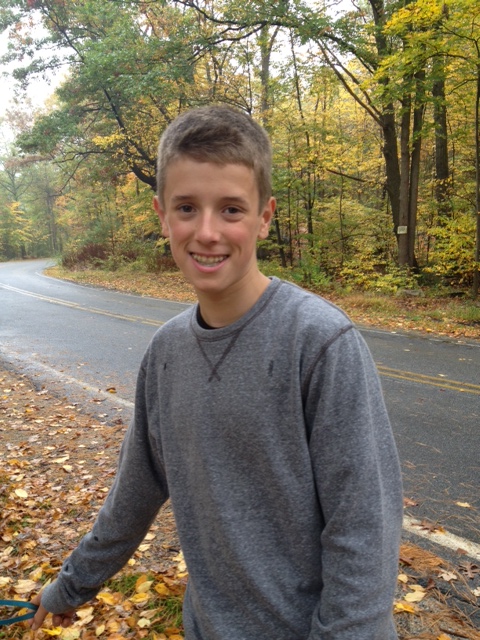Every time I go to the doctor’s office, the doctor asks me about my medical history. My answer is always the same: “I’m adopted. I don’t know anything about my medical history.”
Fortunately, that’s no longer true. I’m not completely in the dark about the medical issues that run in my family.
If I learn nothing more about my biological relatives, I will be grateful for the information I have about my birth mother’s health.
Lillian died of breast cancer at the age of 48. That’s what several family members told me and I confirmed it by obtaining a copy of Lillian’s death certificate from the state of Illinois.

Not knowing anything about our medical history is a common frustration among adoptees. Even those of us who are healthy want to know which diseases run in the family. Everyone should know their medical history, particularly information on their closest relatives. Having the knowledge means we can ask better questions of our doctors. The knowledge also gives us the power to make lifestyle changes or ask our doctors for specific screenings – whatever steps we can take to counter our genetic heritage.
I have a 13-year-old son, Jake, so my medical history could mean something to him.

It’s impossible to prepare for inherited risks you don’t know about. During an online search, I found these comments, written by an adoptee on Adoption.com:
“My brother…he was also adopted (we had different birth parents). His medical past was littered with mental and physical illness that our parents knew nothing about. It was only when he became a teenager that they could tell something was not right with him. They had his records unsealed by the court system and were shocked to see everything that had not been disclosed. They got him help but he is disabled to the point that he lives in an assisted living facility for the mentally disabled. Had they known earlier, maybe it could have helped, maybe not, but at least knowing about it could have made the situation different.
Although I knew that I was generally healthy, there are lots of things out there that can be carried, or can skip generations. I love the fact that my history is no longer unknown.”
Exactly. It is strangely comforting for me to have a name for the disease that killed my mother.
This week I called my gynecologist. In addition to an annual mammogram, should I do anything more as far as screenings for breast cancer? I asked. Should I be tested for the BRCA genes? (Mutations of the BRCA1 and BRCA2 genes are linked to breast and ovarian cancers. Angelina Jolie, after testing positive for the BRCA1 gene mutation, opted to have a double mastectomy.)
The office worker put me on hold to consult the staff. Minutes later, she returned to the phone. As long as you don’t notice any changes in your breasts, she said, you can wait until your annual exam, which is coming up in a couple of months, to discuss the options with your doctor. Ok, that settles that, I thought.
Thinking of Jake, I went online to find out about the risk factors for breast cancer in men. Male breast cancer is rare but, according to the Mayo Clinic, having a family history of breast cancer can increase a guy’s chance of developing the disease. I’m not going to lose sleep over this but it is something to keep in mind.
What have you done differently since you learned about your medical history or your child’s history? I’d love to hear from adoptees and adoptive parents.

